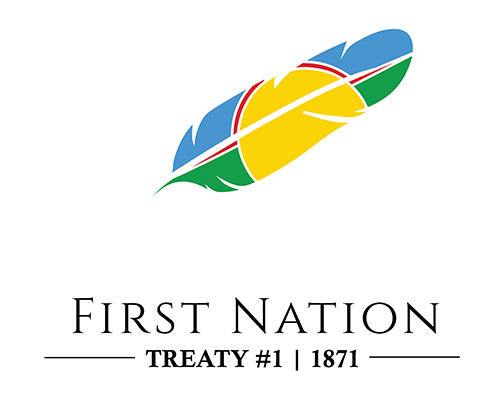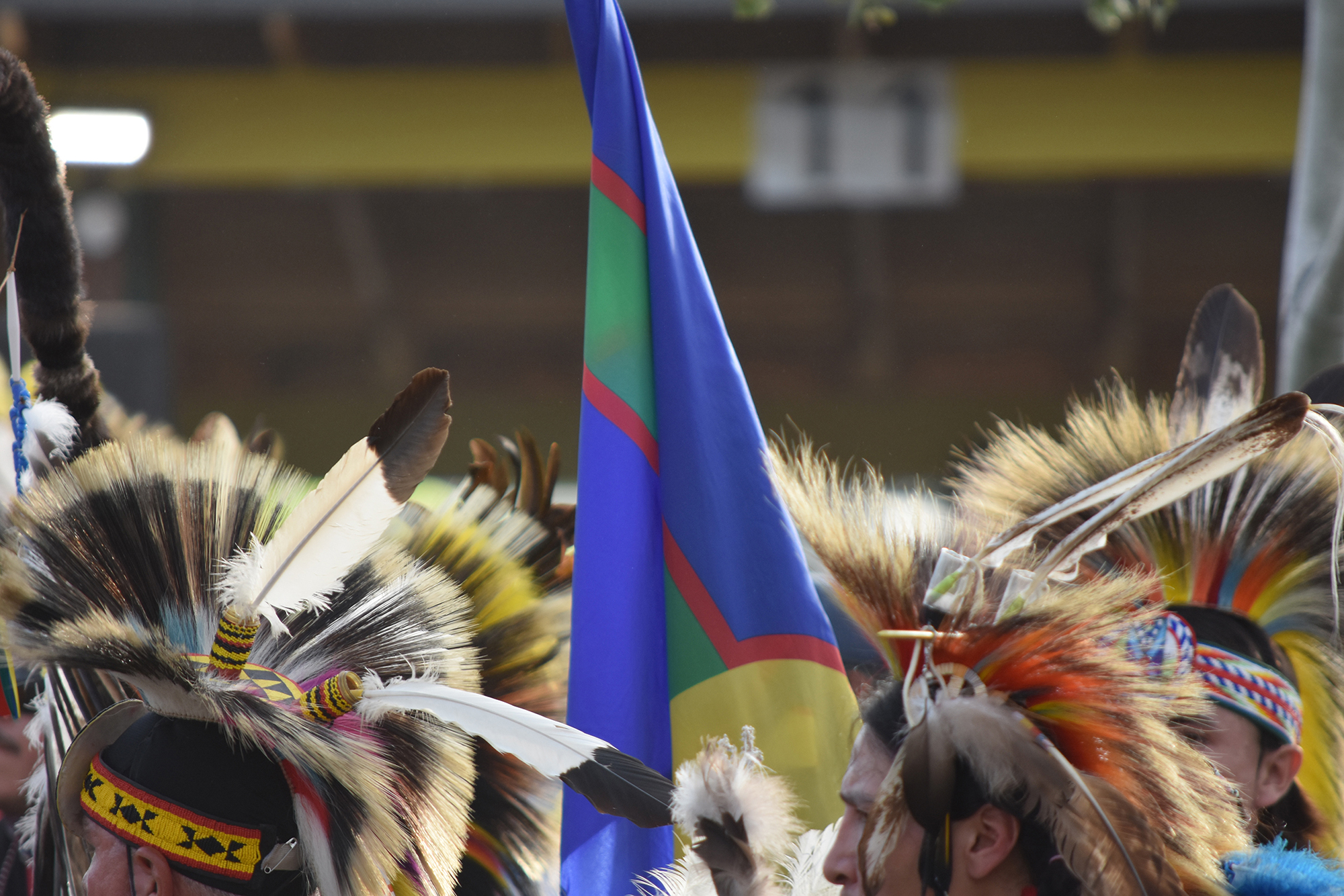Indigenous & Northern Affairs Canada provides annual funding to administer the Community Economic Development Program on the Long Plain First Nation.
The program will:
- deliver economic development services, such as community economic development planning, capacity development initiatives and proposal development.
ON GOING PROJECTS
Manitoba Hydro and Long Plain First Nation signed 10-year agreements:
1.) Community Development Initiative and
2.) Manitoba-Minnesota Transmission Project.
Manitoba Hydro provides an annual payment towards community development projects that benefit a broad segment of its community, including, without limiting the types of projects that:
- promote environmental sustainability;
- promote resource rehabilitation or development;
- promote cultural or social development;
- provide training, employment or economic development in the community governed or administered by the Beneficiary; or
- develop the community infrastructure.
Geo-Thermal
Long Plain First Nation Geothermal is responsible for the installation and maintenance of the geothermal all water furnaces.
First Nation Market Housing Fund
This program will allow eligible LPFN members to access a home loan/mortgage to build or purchase their own home. Assessment and approval by the Lenders will be based on the strength of the applicant (LPFN member) and once approved, the Lender will seek a guarantee from LPFN.
Contact
Steven E. Woods, Economic Development Officer
P: 204.857.7474
E: lpfnecdev@gmail.com
110-5010 Crescent Road West
Keeshkeemaquah, MB
R1N 4B1


